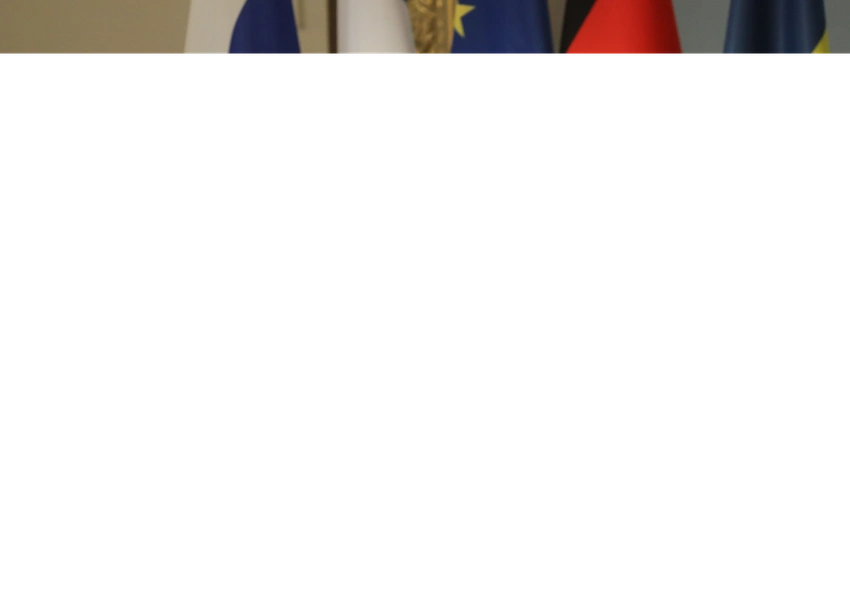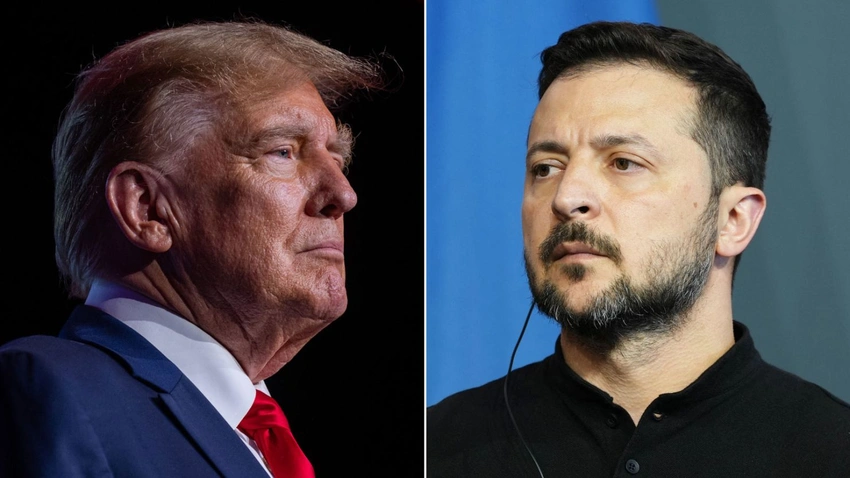In a recent development, U.S. President Donald Trump has initiated peace negotiations concerning the Ukraine conflict, notably excluding European nations from the discussions. This move has elicited apprehension among European leaders, who have traditionally played a pivotal role in addressing security matters in Eastern Europe.
Unilateral Negotiations
President Trump has opted to engage directly with Russian President Vladimir Putin to negotiate a resolution to the ongoing conflict in Ukraine. This bilateral approach notably omits the involvement of European countries, which have been integral stakeholders in the region's security dynamics.

European Response
The exclusion has prompted significant concern among European officials. An EU representative emphasized, "Any agreement that excludes Europe won't work. Europe will not be sidelined."
This sentiment underscores the apprehension that decisions made without European input may not adequately address the continent's security interests.
Potential Concessions
Reports indicate that the U.S. administration is considering significant concessions to Russia as part of the peace negotiations. These include preventing Ukraine from joining NATO and accepting the current territorial boundaries established post-2014. Such preemptive concessions have raised alarms among analysts and European allies, who fear that these terms disproportionately favor Russian interests and could undermine Ukraine's sovereignty.
Strategic Implications
The decision to exclude European nations from the peace talks signifies a potential shift in U.S. foreign policy priorities. It suggests a reorientation of focus towards other global regions, such as the Indo-Pacific, and domestic concerns like border security. This move may also indicate a push for European NATO members to assume greater responsibility for their defense expenditures.

Concerns Over European Security
European leaders are particularly worried about the implications of being sidelined in negotiations that directly impact regional security. The absence of European voices in the discussions raises concerns about the effectiveness and sustainability of any resulting agreements. There is a prevailing fear that decisions made without comprehensive European involvement may not fully consider the security dynamics of the continent.
Upcoming Diplomatic Engagements
In response to these developments, European leaders are seeking clarity at the forthcoming Munich Security Conference. They aim to engage in discussions to better understand the U.S. administration's strategy and to advocate for a more inclusive approach to the peace negotiations. Additionally, European nations are formulating contingency plans to address potential security challenges arising from their exclusion.
The exclusion of European countries from the Ukraine peace talks marks a significant departure from traditional diplomatic practices. As the situation evolves, the international community will closely monitor the outcomes of these negotiations and their broader implications for regional and global security.
#TrumpUkraine #EuropeConcerned #UkraineConflict #PeaceTalks #TrumpPutin #EuropeanLeaders #EasternEuropeMatters













No comments yet.